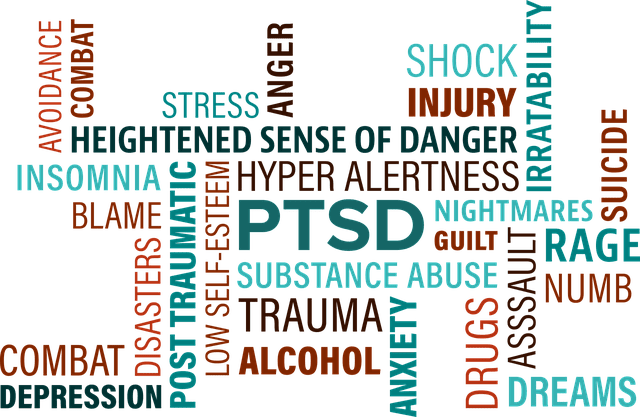One of the main correlations between substance abuse and mental health difficulties is underlying trauma. In fact, 80% of women in treatment for alcohol or drugs underwent some sort of physical or sexual abuse. Trauma is not only physical, sexual, or emotional in nature; it also includes things such as grief and bereavement, physical injuries, witnessing a car wreck, and being in a car wreck.
Not everyone is disturbed or distressed by the same things. For some, something may be considered traumatic, while for others it may not affect them at all. Often, PTSD symptoms are noted in those who experience some form of trauma. Some of these individuals self-medicate with alcohol and drugs to “treat” their symptoms. Unfortunately, this can lead to the road of addiction. At the same time, a history of substance abuse may increase the chance of PTSD symptoms in someone who experiences an upsetting event.
Post-Traumatic Stress Disorder
Many individuals are not aware of the symptoms of post-traumatic stress disorder. With this disorder, feelings of stress and being easily startled may occur when no danger is present. Typically, the signs of PTSD present within three months after experiencing an occurrence that you found to be distressing. However, signs have been found to start years after the shocking event occurred. The frequency of this disorder can last for months or could even become chronic.
Adults can be diagnosed with post-traumatic stress disorder if each of the following symptoms have lasted over a duration of one month:
- Flashbacks: Re-experiencing the traumatic happening as though the individual currently exists within the moment of the original event. Physical anxiety symptoms tend to occur when flashbacks take place.
- Nightmares
- Fearsome thoughts
These signs may be a response to a stated term, an entity, or a situation that has a similarity to anything involved in the trauma. For example, if an individual was sexually assaulted by a middle age male with grey hair and a coworker dyes his hair with a few grey streaks, this could trigger the individual who has undergone a traumatic event. Due to this, an individual with PTSD would most likely attempt to avoid places, thoughts, emotions, events, or things that reminded them of the trauma.

Some other signs of this disorder involve reactivity and stimulation:
- Feeling “on edge”
- Being easily frightened
- Anger eruptions
- Trouble sleeping
There are also symptoms that can be seen on the emotional and cognitive levels:
- Blocking out details about the traumatic event
- Not-so-positive thoughts, regarding both the outside world and oneself
- Displaced blame and guilt
- Lack of interest in things that the individual once found pleasurable
Where to Turn to Learn Sober Coping Skills
If you or a loved one have been self-medicating in order to avoid experiencing post-traumatic stress disorder symptoms, contact Discovery Place in Burns, Tennessee today at 1-800-725-0922. Our trained professionals are here to help you twenty-four hours a day in your time of need. We offer an affordable, non-profit treatment alternative that will aid you in achieving sobriety from opioids, alcohol, cannabis, and other illicit substances. Many individuals have found success at Discovery Place.

